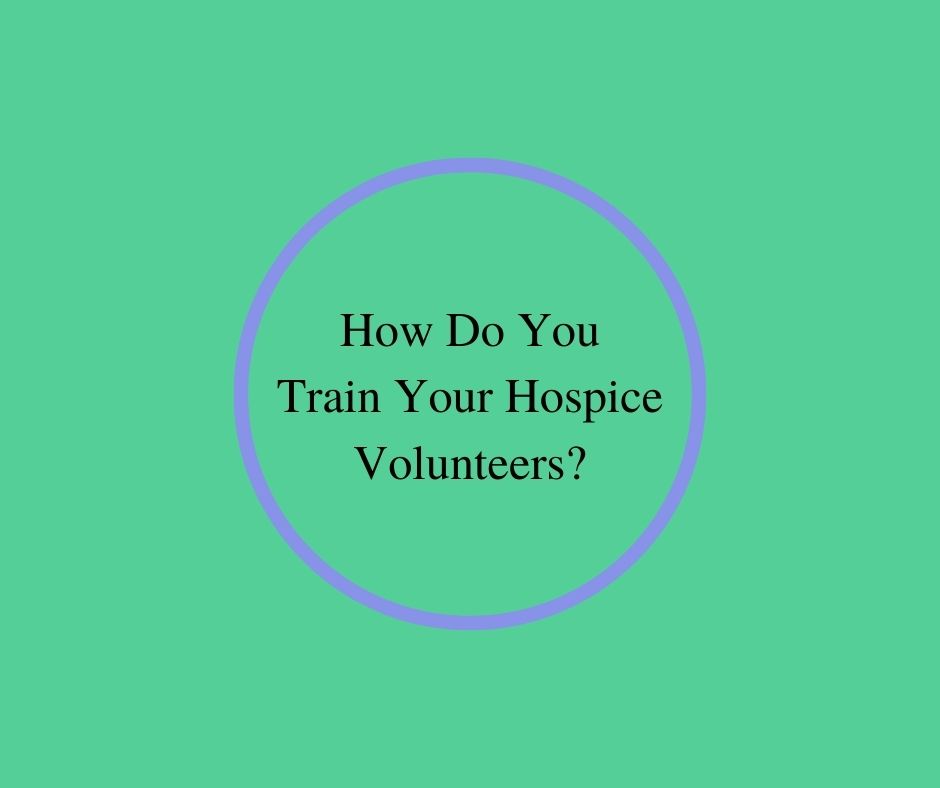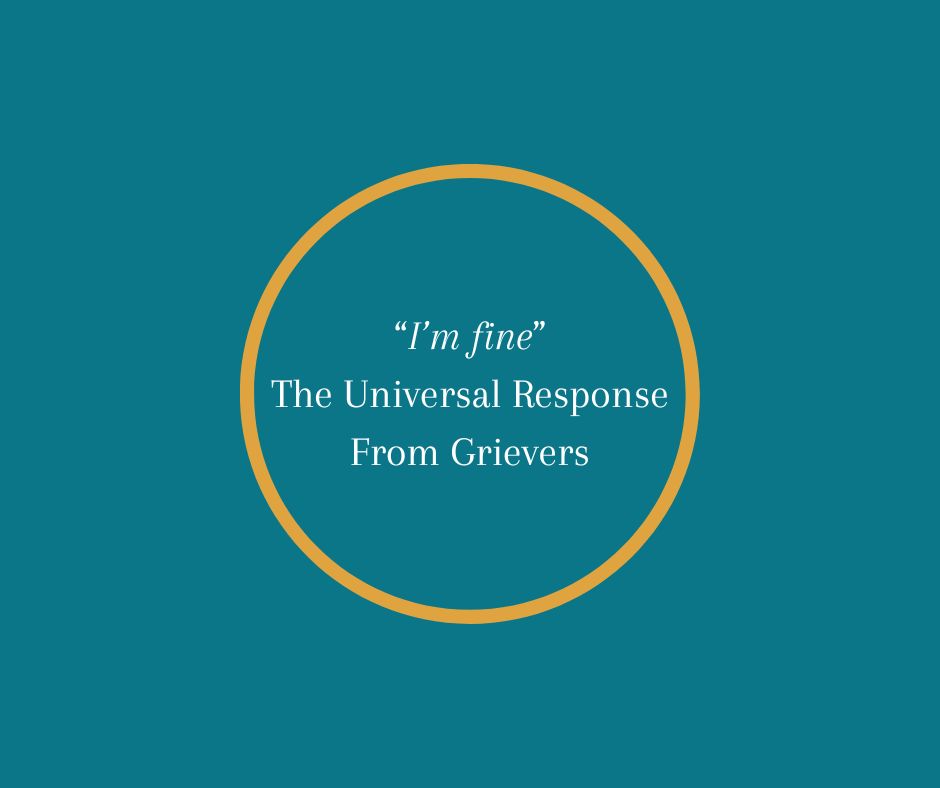I hear “don’t tell mom” way too frequently. Mom has a life threatening illness or may even be showing signs of approaching death and her family says to me as I walk in the door, “don’t tell mom.” They want to protect her. They don’t want to worry her or scare her. SO everyone is cautioned to play the game of “mom is going to get better.”
Here are some things to think about in regard to not being honest with mom:
First and foremost, she knows. She lives inside of her body and she knows on many levels how serious her medical condition is. She is frightened, concerned, and now very much alone as she protects her family by playing their game.
Mom and significant others are missing an opportunity. The opportunity to show love, to talk, to share. The opportunity to make living the best it can be in the time left.
As the story of the optimist and the pessimist goes, there is a stable full of ——. The pessimist only sees the ——, whereas the optimist sees the gift, thinking there must be a pony in there somewhere. This gift in our case is a gift of time. Time to do and say all that needs to be done and wants to be said. Time to see those out of town relatives. Time to discuss end of life plans and wishes. Time to go for a ride, to visit with friends, to speak from the heart.
Yes, there is discomfort in having “real” conversations, in saying all the unsaid. As a society, we play so many games, say what we don’t mean, do what we don’t want to do. This part of life’s adventure gives us the opportunity to put aside the games.
Everyone, including and perhaps even especially mom, are going to be concerned and frightened about what the future is bringing. Through being open, sharing, together, and supportive of one another comes the opportunity to love each other.
Everyone has the right to be told once they can’t be fixed. What they do with that information is up to them. But it is their choice to make, not ours, whether they are told.
When working with families who ask me not to tell mom, I say that I won’t bring the subject up, but if she asks, I will talk about it. THEN I proceed to say to the family all that I have written above in the hope that I can show them why it is helpful and actually comforting to have open conversations and keep no secrets.
All this said, there is an exception—when dementia is present. If the person has memory issues and is not really in touch with their reality or ours, why give them a moment of anguish that they will promptly forget?
Something More… about Keep No Secrets From Those at End of Life
When a person receives the diagnosis of a life-threatening illness, life as they know it ceases. They find themselves in uncharted territory with no script to follow. Too often they withdraw from the world, as if they have already died. All activity becomes centered on their living with disease and its treatment. Fear and uncertainty replaces confidence and self identity. The joys of living are more or less put on hold while living as long as possible is pursued.
A Time to Live honors whatever life prolonging choices are being made while at the same time suggesting we look at the gifts life offers each day.







13 comments